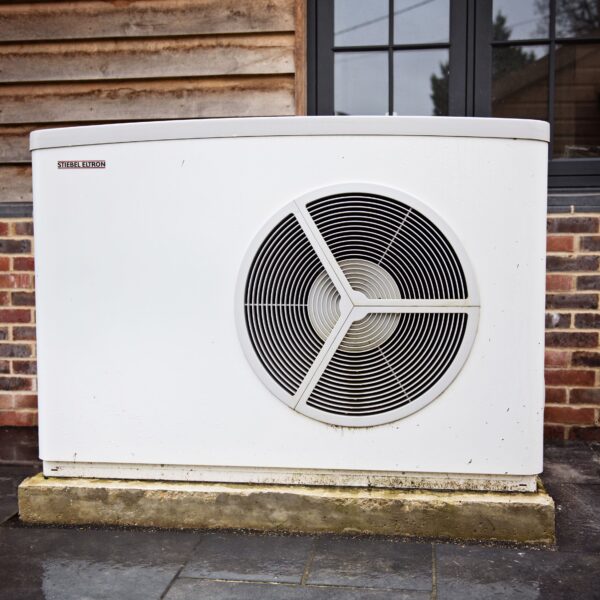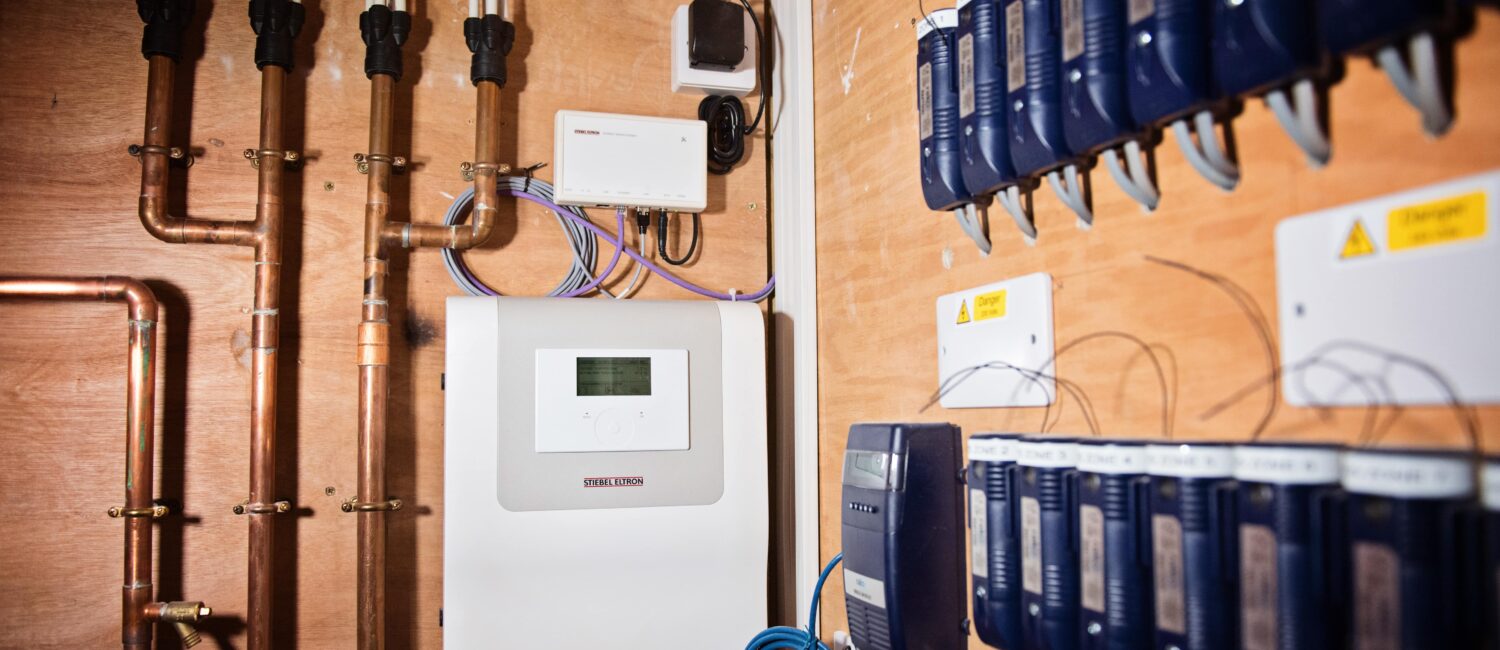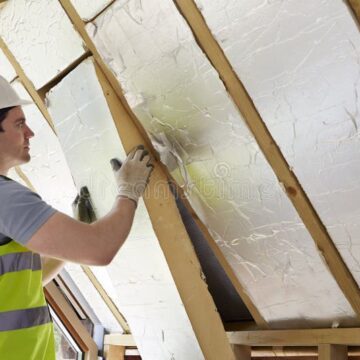Help & Support For Your Heat Pump
At PBT Installations, we mean it when we say we offer a full-service for every client and every project. From start to finish, and after that, our team of experts will be on-hand to help you achieve your project goals.
With extensive knowledge and experience to lean on, PBT can assist you with making your heat pump decision, your installation, and with aftercare support. This includes services, maintenance and troubleshooting as standard.
No matter what, you will have peace of mind that PBT are by your side. With the ability to provide technical advice via online portals, telephone, or email, you can choose the best avenue for you and guarantee you will receive the support you need. You can rely on PBT.
For more information, contact us directly or read our FAQs and Articles & Insights below.

Frequently Asked Questions
For any heating system, insulation is the most important influence on its efficiency and subsequent economy. By reducing the amount of heat lost through your roof, floors, walls and windows, your heating system will not need to work as hard to replace it. In turn, this will reduce energy usage, lower fuel bills and reduce carbon emissions. Heat pumps are no exception.
Additionally, they work really well on lower temperature heating systems; this is where the temperature of the water used in the central heating is between 35°C and 55°C rather than the 75-85°C used in traditional heating systems. If your house is losing a lot of heat, it might need a higher heating system than your pump can efficiently provide. This will increase your energy usage and reduce any savings.
Our engineers can advise you on the heat your house is losing and what can be done to make it more compatible with a heat pump. Many of these measures are fairly easy to sort out, such as loft and cavity insulation and double glazing.
Absolutely, you can – however, whether you can use your existing radiators depends. Many houses have oversized radiators which means that when paired with a traditional fossil fuel boiler, they are capable of supplying more heat than the house requires. This is very common because it’s simply easier to buy a big radiator rather than perform the necessary calculations to identify the actual size needed.
If your radiators are oversized, then it is likely that they are adequate to work with a lower flow temperature, as provided by a heat pump. If your radiators are not big enough to provide the required surface area for a lower flow temperature, then you have the option of increasing your radiator sizes. A qualified engineer will be able to assist with calculating the sizes you require.
The amount of space you require depends on the type of heat pump you are looking to install. A ground source pump will need more space than an air source pump. A domestic air source heat pump requires an external unit which is no bigger than a common household appliance, such as a washing machine or dishwasher. It can be situated anywhere as long as it’s easily accessible for maintenance, such as on an outside wall or in your garden. It is possible to connect the pump to the buffer tank inside, via an existing flue, which can save money and disruption.
Ground source heat pumps are less compact than an air source heat pump and require a lot of pipework to be laid in your garden. They can be laid either horizontally or vertically, with the latter option requiring less space. When laid horizontally, the area is divided and dug into trenches where the pipe is laid approximately 1.2m below ground. Vertical installation requires a system of boreholes and, although minimising space, can be expensive and dependent on the geographical location of the plot. It is worth remembering, however, that over time, the efficiencies of a well-installed ground source heat pump will more than make up for the initial expenditure.
Installing a ground source heat pump will be more disruptive (and costly) than installing an air source pump. However, a ground source heat pump is more efficient to run due to the consistent temperature beneath the surface of the earth – and efficiency equals economy.
In order to install a ground source heat pump, the pipes can be laid either horizontally or vertically. Horizontally, you require more surface area of your garden to be dug up and it is advisable to tie in the work with a garden redesign. Vertically, less of your land is required, but you still need to factor in the destruction caused by the heavy machinery used to drill the bore holes.
For an air source heat pump, no digging is required and most of the installation work can take place outside your property where it will be situated. Inside work is usually fairly straight forward: your old heating system will be disconnected and the new system will be connected to your radiators or underfloor heating.
This depends on the type of heat pump you are installing. Generally, an air source heat pump can be installed in less than three days. A ground source heat pump will take longer because of all the digging involved. Horizontally laid pipework will most likely be quicker to lay than pipework which will be going vertically in boreholes.
In both cases, it is worth remembering that this is simply the timescale for the installation. Finding a suitably experienced and certified engineer, getting the correct calculations and the design of the heating system all take time too.
All heating systems produce some noise and your heat pump should produce less noise than a fossil fuel boiler. However, the noise differs between make and model of heat pump, and the quality of the installation can also make a difference. The key here is to find an experienced, certified engineer who uses quality heat pumps. A good quality heat pump that has been installed well, will not be noisy.
Ground source heat pumps make less noise than an air source heat pump. This is because there is not fan component and the compressor comes under less strain due to the warmer heat source. A ground source heat pump runs at about 42 decibels; for context, normal conversation is rated as 60 decibels.
Air source heat pumps have a compressor and a fan. They do make some noise, but this generally falls between 40 and 60 decibels, a rating which assumes you are standing one metre from the unit. In addition, there are planning requirements which state that at the distance of your next-door property to the unit, the noise should not exceed 42 decibels.
There are a few key tips and facts which you can consider regarding the noise of air source heat pumps:
– Location can help to minimise it. Don’t put the unit outside your bedroom window, for example. Don’t worry about locating it in key areas of your garden, such as your patio. If you are enjoying your patio, it is most likely during the warmer months when your heat pump will only be on for the odd hour to heat your hot water.
– The noise level is fairly low and constant and therefore less obtrusive. A fossil fuel boiler will roar and you may be disturbed by the whoosh as it lights.
– Pumps are designed differently and you generally get what you pay for. If noise levels are important to you, do your research into the different products available, the fans, the quality of the sound proofing and design of the internal components.
All of these things make a difference and it is worth spending time, and money, for something which should last for you for many years.
A good, well-installed heat pump using correct calculations (ALWAYS use a qualified, experienced installer) will keep you warm even when it’s very cold outside.
However, it is true that your heat pump may not work as efficiently in these temperatures. The efficiency of a heat pump is measured in something know as CoP – the Coefficient of Performance. It compares the input to your pump with its output. For example, if a ground source heat pump uses one kW of electricity to produce four kWs of heat, the CoP would be four. The higher the CoP value, the more efficient your heat pump. When the outdoor temperature is around 7 ℃, the average heat pump should have a CoP of approximately 4.5. However, this value can drop to 2.3 when the temperature outside falls to -7 ℃.
Key points here are our ethos of avoiding false economy. It’s very easy to go cheap and cheerful and have it bite you on the bum 5 years later or in exaggerated running costs. This question can be used as a sales pitch for us as high-end installers versus cheaper quick fix.
Larger initial investment in terms of correct, experienced designers, installers and purpose built, quality heat pumps will save impressively on running costs and maintenance making it benefit in the long term.
The domestic RHI scheme closed to new participants on the 31st March 2022 and has been replaced by the Boiler Upgrade Scheme (BUS) which came into effect in April 2022. It is another UK government-run scheme that aims to help existing small domestic buildings transition to low carbon heating systems. Read more about it in our Articles & Insights section or get in touch with us for more information.
The Boiler Upgrade Scheme (BUS) became available from April 2022 and offers a grant of up £7,500 to help cover some of the initial cost of purchasing and fitting a renewable heating system. Although it will not pay for the entire cost of your installation, it will help towards expenses and make your new heat pump more cost-efficient. Read more about it in our Articles & Insights section or get in touch with us for more information.



